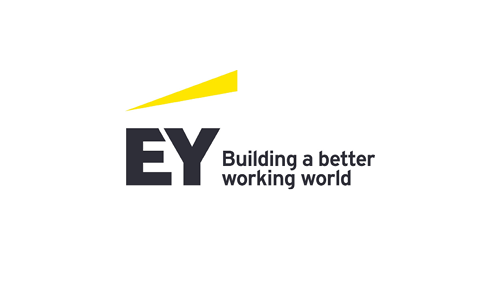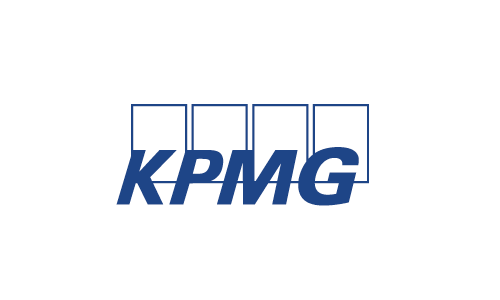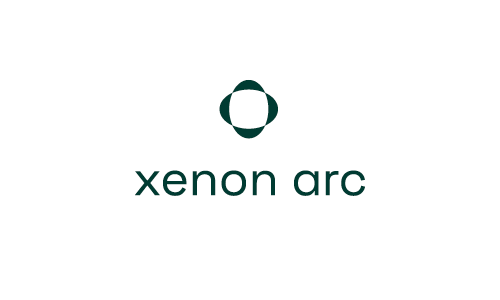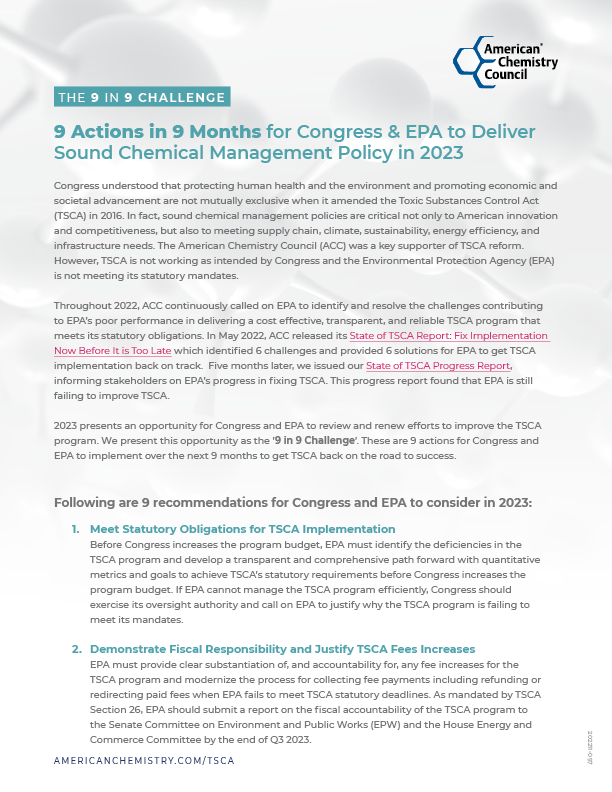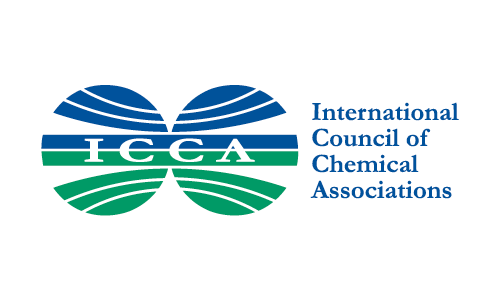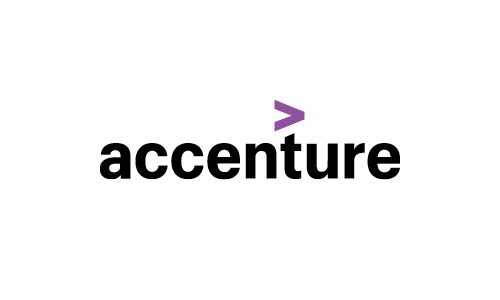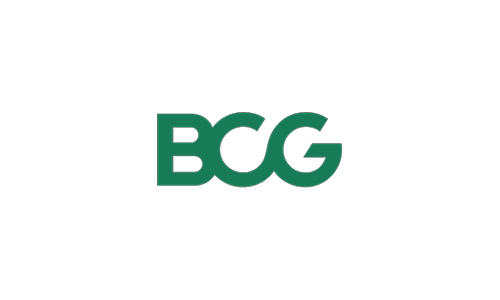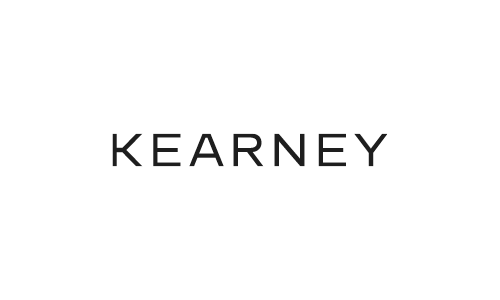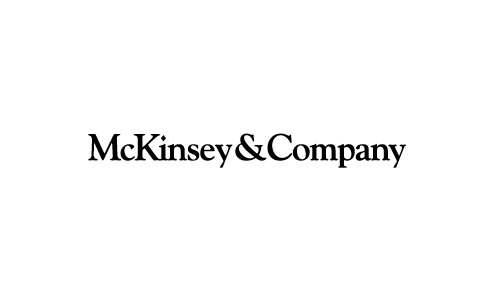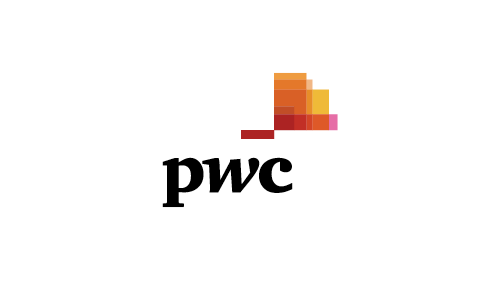2022 Year in Review
Amid so much change and upheaval in 2022, ACC evolved its advocacy approach to continue to meet today’s dynamic challenges while consistently delivering the bottom-line value that our members have come to expect, year after year.
The results: By executing an integrated campaign style approach and deploying strategic, cross-functional teams, ACC and its members were able to carry our agenda forward across 12 key areas in 2022.
What to watch: As we look to 2023, our industry will zero in on our advocacy priorities while showing what it means to be a more trusted, transparent, and engaged member of the communities in which we operate.
- We will hit hard on the importance of EPA’s role in fixing its broken New Chemicals Program under the Toxic Substances Control Act (TSCA).
- We will tell the story of how being energy-smart and climate-smart can go hand in hand, and that government can help enable a lower-emissions future for American manufacturers.
- We will continue to push for policies that help move goods quickly, safely and affordably in America, like promoting greater competition.
The big picture: In a world where change can sometimes feel like the only constant, “the best way to predict the future is to create it,” as one Cleveland resident shared during an ACC listening exercise in Ohio last December.
- He cited the quote in reference to his belief that both industry and community are a powerful force that should work together to usher in the progress we expect from the world and from one another.
The bottom line: ACC and its members are creating solutions that accelerate progress toward a better quality of life, and more sustainable communities, for people everywhere.
- By working within our communities to demonstrate how chemistry fuels progress—across sustainability, energy and climate, transportation and infrastructure, and circularity—we will no longer need to predict the future.
We will be building it, together.
Table of Contents
Getting National Chemical Regulation Back on Track
Catalyzing Innovation in Chemicals Safety Assessment
Advancing Smarter Regulation at the State Level
Paving the Way to More Sustainable Communities
Promoting Diverse Sources and Lower Emissions Future
Accelerating a Circular Economy for Plastics
Reinforcing the Connection Between Responsible Care® and Community
Strengthening Our Commitment to Underserved Communities
Developing the Next Generation of Diverse, Community-Focused Leaders
Driving Policies to Help Deliver Chemistry Critical to Everyday Life
Reducing Trade Barriers for Essential Chemistries and Plastics
Expanding Our Progress and Reach Through Global Collaboration
Download 2022 Year in Review
American Chemistry Council

Getting National Chemical Regulation Back on Track
The U.S. EPA continues to fall well short of implementing the Lautenberg amendments to the Toxic Substances Control Act (TSCA).
Why it matters: Failure to resolve TSCA’s ongoing problems—especially with its New Chemicals program—will hinder American innovation, worsen supply chain problems, and hurt our nation’s ability to compete in the global market.
Our approach: ACC’s TSCA Implementation Matrix Team cast a bright spotlight on the need for EPA and industry to work together to get TSCA implementation back on track.
- ACC’s May 2022 State of TSCA Report identified 6 challenges and 6 solutions for EPA to implement.
- An October 2022 follow-up progress report called attention to EPA’s continued shortcomings on TSCA.
- An ACC member survey also captured key concerns with the TSCA new chemicals program which further bolstered our advocacy with EPA.
Added value: Multiple ACC divisions came together in 2022 to advance other ACC member priorities under TSCA and other federal laws.
- We hosted a series of webinars on workplace exposure for EPA and other federal agencies.
- The TSCA New Chemicals consortia continued to help advance a testing and policy regime that expedites the review and approval of categories of chemicals.
- We managed 9 consortia for current TSCA high priority chemicals and 5 test order consortia.
- We helped mobilize broad support for a bill to reauthorize the Pesticide Registration Improvement Extension Act (PRIA) and secured a 3-year extension of a federal Biocides/Antimicrobial Registration Review process.
- ACC implemented first-ever Manufacturer Requested Risk Evaluations, for phthalates and silicones.
- We completed a 5-year Chlorine Dioxide/Sodium Chlorite Residue Safety Exposure Study to inform ongoing EPA review.
- ACC’s Antimicrobial Exposure Assessment Task Force, Long-Range Research Initiative, and Foundation for Chemistry Research and Initiatives continued to advance cutting-edge exposure and tox research.
- And ACC helped defeat federal asbestos legislation that would have circumvented TSCA.
What to watch: ACC's “9 in 9 Challenge” will call on EPA and Congress to work together to focus on making 9 improvements to the TSCA program in 9 months or less.
- We will also guide members through updates to risk evaluation processes and draft risk evaluations, new test orders, and proposed Risk Management Rules for individual chemicals.

Catalyzing Innovation in Chemicals Safety Assessment
ACC’s Long-Range Research Initiative (LRI) continues to make progress in accelerating new approach methodologies (NAMs) for chemical safety testing at the federal level.
Why it matters: Advanced methods can now provide alternatives to laboratory animal testing in many cases and could soon begin to drive chemical safety assessments with greater speed and efficiency.
Our approach: In 2022, LRI played a lead role in the International Council of Chemical Associations (ICCA) LRI international workshop, “Advancing Chemical Risk Evaluations Through Use of New Approach Methods (NAMs): Challenges and Opportunities.”
- More than 350 regulatory science experts and professionals from 26 countries participated in discussions around accelerating the development and application of NAMs.
Added value: ACC continued to make progress overall with its 2020-2024 LRI Research Strategy to help advance cutting edge methods for more efficient, accurate, and risk-based chemical safety decisions.
- We presented LRI’s 2022 research at scientific conferences and published in leading scientific journals.
- We led conversations around improving exposure modeling and integrating Mode of Action and exposure to improve chemical risk assessment.
- We converted LRI’s “Exposure Assessment 101” course to an online, on-demand training course.
What to watch: Looking ahead, LRI research will expand, with at least two new projects focused on community environmental health methods slated for launch in early 2023.
- One will focus on illuminating critical design components of public-private partnerships for community environmental monitoring.
- The other will help identify specific approaches for improving the scientific basis of methods used in Environmental Justice community assessments.

Advancing Smarter Regulations at the State Level
From California to New York, ACC helped defeat and amend unscientific bills that could negatively impact daily life and make products more expensive.
By the end of 2022, we supported 25 advocacy campaigns and engaged on more than 570 bills impacting the chemical and plastics industry in 41 states.
- Despite some restrictions, we saw no broad state bans enacted on key chemistries in 2022.
- We also helped facilitate a veto of PFAS notification legislation in California and defeated legislation in Delaware that would have restricted flame retardants in electronics.
Added value: On top of engaging on state chemical bills, ACC had another robust year of stakeholder engagements.
- We helped organize 146 events with elected officials across 26 states.
- We recruited 43 member companies to engage with our in-district activities.
- We traveled 50,000 miles across the country to engage and teach legislators about chemistry’s important role in society—and the importance of sound state regulations.
What to watch: In 2023, expect non-governmental organizations and progressive legislators to be even more emboldened and attempt to push aggressive legislation at the state level.
- We are ready for new efforts to regulate chemicals as a class, particularly fluorinated chemistries.
- We are also gearing up for bills that might outright ban certain chemicals in products, when the science doesn’t justify it.

Paving the Way to More Sustainable Communities
A top priority in 2022 was demonstrating our members’ meaningful actions on sustainability and how stepping up industry’s performance is both the right thing to do and good for the bottom line.
Why it matters: Everyone deserves access to clean air, clean water, and the clean energy sources that chemistry makes possible as the “Science Behind Sustainability”.
Our approach: We showed how the chemical industry is a “lower emissions enabler,” rising to the challenge on climate, and bringing innovative solutions to reduce emissions in our communities.
- In September 2022, ACC partnered with Axios to host a sustainability-themed event in Houston featuring local officials, ACC President and CEO Chris Jahn, and Huntsman Corporation President and CEO, Peter Huntsman.
- We launched the Lower Emissions Future framework to help industry communicate about its contributions with a unified voice.
- We helped secure key provisions in the 2022 Inflation Reduction Act (IRA) and 2021 Bipartisan Infrastructure Law that will accelerate lower emissions technologies and infrastructure development made possible by chemistry.
- We demonstrated member company progress in reducing greenhouse gas (GHG) emissions intensity by 12% since 2017.
Added value: ACC continues to make progress in other priority sustainability areas, including:
- Undertaking a second year of voluntary member reporting for ACC’s Sustainability Metrics.
- Promoting a Water Body Risk Assessment (WBRA) program to enable ACC member companies to address and mitigate water-related risks at the facility level.
- Advancing the Sustainable Chemistry Innovation Program to help identify further opportunities for members to reduce product and process risk.
- Pursuing advanced recycling technologies to recover, reuse and recycle plastics materials to create a more circular economy.
What to watch: We look forward to continuing to engage EPA on its $50 million commitment to expand and enhance existing air monitoring across the nation (part of the $41.5 billion in appropriated IRA funds).
- We also plan to engage in water action collaboratives to build on the WBRA, bringing industry together with communities and watershed stakeholders to address issues of water stress and scarcity.

Promoting Diverse Sources and a Lower Emissions Future
Energy supply security and reliability, infrastructure development, energy efficiency improvement, and investment in and growth of lower-emissions technologies all drove our advocacy forward in 2022.
Driving the news: After years of supporting a global treaty to phase down the production and use of hydrofluorocarbons (HFCs), ACC pushed hard on the Kigali Amendment again in 2022 to help bring it across the finish line.
Our approach: We showcased chemistry’s role in applying innovation to address sustainability challenges.
Added value: Throughout 2022, ACC advocated for a variety of other policies, programs, and funding opportunities to support our country’s energy and climate goals.
- We secured key provisions of the Infrastructure Investment and Jobs Act (IIJA) and the Inflation Reduction Act (IRA), while alerting members to energy and climate tax credits and technology funding opportunities.
- ACC contributed to numerous agency Requests for Information (RFIs) on topics such as clean hydrogen; carbon capture, utilization, and storage (CCUS); advanced battery and energy storage, and more.
- We pushed for incentives to update building energy codes and the promotion of energy audits and retrofits across multiple building types.
- We endorsed the Hydrogen for Industry Act, noting that the chemical industry is both a use market and a solution provider for the hydrogen economy.
- We also endorsed Senate legislation to streamline infrastructure permitting, and commented on Federal Energy Regulatory Commission (FERC) proposed policies governing natural gas infrastructure.
What to watch: In 2023, ACC will continue to identify opportunities and policies to advance innovative lower-emissions technologies.
- We will advocate on priority issues such as supply security and reliability, efficiency, infrastructure development, and permitting reform.
- We will also update our climate policy recommendations to build on the significant accomplishments through the IIJA and IRA.

Accelerating a Circular Economy for Plastics
ACC’s Plastics Division launched America’s Change Makers to showcase how people in the plastics industry are helping to advance sustainability and embrace change.
- Our 20+ Change Makers videos have been viewed more than 188 million times and received 633 million impressions.
- 1.8 million people visited our Change Makers webpage to learn more.
Why it matters: Bringing our members’ stories to life helps humanize the industry while sharing concrete examples of progress in innovation and circularity that enable a more sustainable future.
- Meet America’s Change Makers—the scientists, engineers, technicians and innovators—who are changing the way plastics are made, used, and remade.
Added value: Throughout 2022, ACC’s Plastics Division also worked expeditiously with our Global, Federal and State Affairs teams to advance plastics sustainability policy solutions in the U.S. and abroad.
- Six new states enacted model legislation supported by our industry (bringing our total to 21 states).
- We advanced energy code updates in 7 states and the 2021 International Energy Conservation Code in 17 states.
- We led a coalition to support a global agreement to accelerate plastics circularity that would retain the many benefits of the material.
What to watch: ACC’s Plastics Division is preparing to accelerate its reputation initiative and leverage several newly integrated workstreams to further extend our reach and impact while sustaining results.
- In June 2023, we will host our inaugural Innovation & Circularity Summit to identify opportunities for collaboration and address challenges to achieving circularity for plastics.
- Overall, we will continue to lead, shape, and influence key legislative and regulatory priorities that will help advance our circularity and sustainability goals.

Reenforcing the Connection Between Responsible Care® and Community
With increasing challenges facing the industry and the planet, engaging with and safeguarding facility communities is especially vital.
Our approach: In 2022, ACC’s Responsible Care® division launched a new Community Advisory Panel (CAP) Enhancement initiative to help facilitate stronger, trusting relationships between industry and the community.
- ACC’s (CAP) Toolkit and “CAP Map” are intended to help reinvigorate existing CAPs and help members build a new network of regional CAPs.
- ACC’s Responsible Care workshop in October 2022 showed facility managers how to better collaborate with and serve the communities where they operate.
Added value: As we stepped up our community engagement efforts, we also pressed forward with signature Responsible Care enhancements.
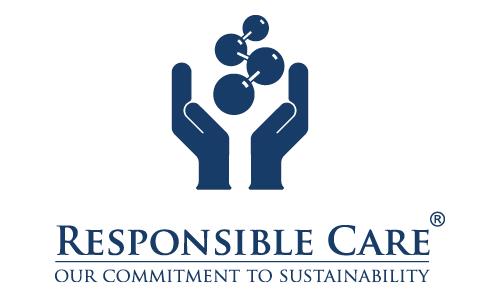
- Nearly 250 members, Responsible Care Partners, and industry stakeholders attended ACC's first in-person Responsible Care & Sustainability Conference in nearly three years.
- We launched an enhanced Responsible Care & Sustainability Future Leaders program to help prepare young professionals for the challenges of the future.
- We rolled out our revised Product Safety Code in collaboration with ACC’s Chemical Products and Technology Division (CPTD).
- We completed updates to the Security Code and successfully obtained formal SAFETY Act designation for the code.
What to watch: In 2023, ACC will build awareness of the work that our industry is doing to enhance safety and sustainability and broaden our engagement with local communities.
- You can also expect more in-person and virtual workshops and webinars to support member and partner education.

Strengthening Our Commitment to Underserved Communities
As neighbors, residents, and manufacturers in local communities, ACC is focused on facilitating open dialogues around Environmental Justice and addressing EJ principles in regulatory and legislative initiatives.
Why it matters: EPA’s newly created office of Environmental Justice and External Civil Rights (OEJECR) spearheaded increased investment in air monitoring and earmarked $100 million in local community grants under the Inflation Reduction Act.
- At the state level, the New Jersey Department of Environmental Protection (NJDEP) began to move forward with implementing one of the nation’s most comprehensive laws yet to address EJ issues.
Our approach: As soon as the NJDEP solicited public input, ACC recommended more detailed and robust criteria for the requirements associated with an Environmental Justice Impact Statement (EJIS).
- We also encouraged NJDEP to follow a risk-based process for identifying and assessing potential cumulative impacts.
Added value: ACC kept its members abreast of key Biden Administration developments on EJ while establishing essential lines of dialogue with regulators.
- For example, ACC advocated for scientifically-sound methodologies for EJ screening tools, including in the Council of Environmental Quality (CEQ) Climate and Economic Justice Screening Tool (CEJST) and the EPA’s EJScreen.
- We hosted leadership staff in EPA’s new OEJECR for an EJ briefing and Q&A discussion with ACC members.
What to watch: In 2023, ACC will continue to highlight industry’s commitment to addressing EJ concerns while sharing the numerous positive benefits that industry brings to local communities.
- ACC’s reinvigorated Community Advisory Panels (CAPs) program, potential expansion of air monitoring collaboration efforts, and Future of STEM Scholars Initiative (FOSSI) will continue to help form the centerpiece of our industry’s commitment to strong community principles.

Developing the Next Generation of Diverse, Community-Focused Leaders
The Future of STEM Scholars Initiative (FOSSI) raised nearly $30 million with the support of 60 corporate partners, putting the program over halfway toward our goal of supporting 1,000 FOSSI scholars through 2025.
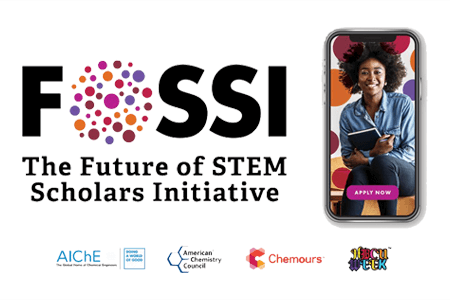
Driving the news: FOSSI is now the largest program of its kind in the United States.
Added value: ACC and our partners in FOSSI showed a strong presence at the 2022 HCBU Week College Fairs in Wilmington, DE and Orlando, FL.
- Volunteers from more than 20 FOSSI sponsor companies engaged with the nearly 15,000 students, teachers, and educators.
- FOSSI attracted over 700 students through four “Lunch and Learn” sessions on the value of a STEM degree and a career in the chemical industry.
- In concert with the Wilmington event, we launched Find Your Future, a national marketing campaign aimed at driving student applications in preferred STEM majors and industry-heavy regions.
Our approach: A critical component of ACC’s diversity, equity, and inclusion initiatives is providing both current AND next generation professionals with training, resources, and support to succeed.
- ACC is now a founding sponsor of the Chemical Education Foundation, focused on catalyzing interest in K-8 students in local communities to pursue chemistry and science-related careers.
- ACC also launched its Advancing Diversity in Emerging Leaders (ADEL) pilot, a two-year program designed to help elevate ten existing chemical industry employees into leadership positions.
What to watch: We will continue to drive FOSSI support and awareness throughout 2023, helping to reduce financial barriers to higher education and expanding students’ opportunities for careers in the chemical industry.
- ACC will also expand our outreach to K-8 students with interest in pursuing a STEM education through our partnership with the Chemical Education Foundation.

Driving Policies to Help Deliver Chemistry Critical to Everyday Life
The ability to move chemistry from where it’s made to where it’s needed was nearly derailed in 2022 by the ongoing labor dispute between freight railroads and workers.
Driving the news: A rail strike could have cost upwards of $2 billion in economic losses per day and spiked inflation.
- A strike lasting one month or longer would have triggered the loss of 7,000 jobs and pulled almost $160 billion out of the economy.
Our approach: ACC and our partners launched two robust and well-coordinated advocacy pushes that ultimately helped clear a path for Congress to pass legislation that prevented a catastrophic shutdown.
- From the start, we highlighted supply chain concerns, provided timely economic data, and participated in dozens of media interviews.
- ACC also facilitated a CEO meeting with the White House, held numerous Hill meetings, and mobilized our allies to send nearly 7,000 letters to Congress.
Added value: We also helped secure passage of the Ocean Shipping Reform Act (OSRA) and new Surface Transportation Board (STB) rules for resolving small rail rate cases.
- Ocean carriers should no longer be able to penalize American producers or refuse to ship U.S. exports with ORSA in effect.
- The new STB rules will help ensure reasonable rates for rail shippers that lack competitive transportation options.
What to watch: In 2023, we will support the implementation of new OSRA requirements and continue to advocate for modernizing U.S. transportation policies to provide greater access to reliable and competitive freight rail service.
- We will also focus on increasing truck weight limits to expand shipping capacity and minimize delays across interstate highways.

Reducing Trade Barriers for Essential Chemistries and Plastics
Although little has changed on the China or tariff front in 2022, ACC still secured important trade victories in 2022 that delivered bottom-line value to our members.
Our approach: We focused on eliminating tariffs (where possible) and securing tariff exclusions for products crucial to maintaining supply chain resiliency.
- We successfully advocated for the reinstatement of several Section 301 tariffs exclusions on chemicals and plastic products and extended those exclusions to September 2023.
- We also helped secure a long-awaited, statutory, four-year review of the Section 301 tariffs.
- In another big win for industry, the U.S. and EU agreed to remove all remaining Section 232 tariffs.
Added value: ACC continued to make progress on other key trade priorities in 2022.
- Specialty chemicals and the broader business of chemistry are now recognized in the funding process for the CHIPS and Science Act.
- At the 12th WTO Ministerial Conference (MC12), ACC and our global colleagues helped conclude the first WTO multilateral deal in over a decade and secured a commitment to launch WTO reform talks.
- The Administration agreed to prioritize regulatory practices, trade facilitation, and supply chain resiliency issues in their negotiations with twelve Indo-Pacific countries.
What to watch: In 2023, trade priorities will continue to intersect with our ongoing efforts to cultivate resilient and strategically integrated supply chains.
- In early 2023, ACC and our Mexican and Canadian counterparts will launch tripartite industry-government dialogues under the United-States-Mexico-Canada Agreement (USMCA).
- We will also continue to push for opening new markets for U.S. chemicals exports while expanding trade and economic negotiations with new countries.

Expanding Our Progress and Reach Through Global Collaboration
In 2022, ACC and fellow members of the International Council of Chemical Associations (ICCA) continued to focus on fostering collaborative relationships that extend beyond national boundaries.
Why it matters: International collaboration is paramount to our industry’s ability to accelerate social, environmental, and economic progress on a global scale.
Our approach: We advocated for science and risk-based regulations, building capacity for safe chemicals management, and staying the course on voluntary, multistakeholder policy frameworks.
- ACC and ICCA led advocacy on the first-ever UN advisory global Science Policy Panel on chemicals and will serve as industry stakeholders when negotiations launch.
- We led implementation and harmonization projects on the Globally Harmonized System for Hazard Classification and Labelling, including advocacy on EU’s classification, labelling and packaging (CLP) regulation.
- ACC and ICCA also advocated for a risk-based approach to the EU’s proposed adoption of the essential use doctrine and the need to protect confidential business information within the EU’s data use and sharing proposal.
Added Value: In 2022, we spearheaded progress on energy and climate priorities while establishing a new global forum for microplastics information sharing.
- ACC represented the U.S. chemical industry in the ICCA delegation to the COP27 climate meetings, reinforcing our role as solutions providers and our commitment to carbon reduction efforts.
- We helped launch the global Microplastics Advanced Research and Innovation Initiative (MARII) and hosted a workshop to facilitate the global information exchange on this emerging issue.
- We also hosted the first annual ACC Microplastic Reference Material Workshop to build consensus roadmaps to improve microplastic research.
What to watch: In 2023, ACC and our global partners will further refine our messaging on global climate reductions while strengthening our partnerships with UNEP, UNITAR, the OECD.
- ACC and ICCA will travel to Bonn, Germany in September 2023 for the Fifth session of the International Conference for Chemicals Management (ICCM5).
- We will continue to spearhead industry negotiations of the Science Policy Panel on chemicals, pollution, and waste, and lead negotiations around a Global Plastics Treaty.
- We also plan to solicit input from our members on the impacts of evolving international carbon pricing programs and border adjustment mechanisms on domestic industry.
On behalf of ACC, thank you for your continued support.
